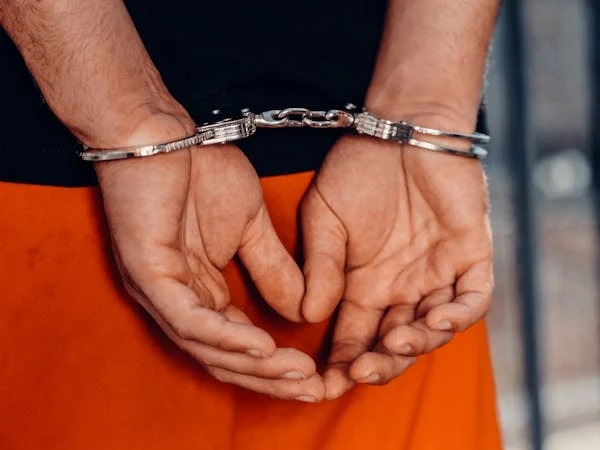Following reports that Minister Mantashe has doubled down on his accusations against NGOs during his address at Africa Oil Week (10 October) – he said: “Foreign funded Non-Governmental Organisations (NGOs) are also being used to ‘weaponize’ environmental preservation to block development in developing nations” – The Green Connection and the Southern African Faith Communities’ Environment Institute (SAFCEI) respond. The Green Connection and SAFCEI are NGOs who work for eco and climate justice. Earlier this year, the organisations launched a court application to review the failure of the President to bring important National Energy Act, 2008 provisions requiring an integrated energy plan into operation, and the Minister’s failure to advise him to do so. The matter was resolved when the President issued a Proclamation bringing the relevant provisions into effect as from 1 April 2024, at which time the Minister will be legally obliged to develop the IEP with the required public participation.
Strategic Lead at the Green Connection Liziwe McDaid says, “The Green Connection believes that, as civil society, not only must we uphold our constitutional right to have a safe and healthy environment, but we must also protect our right to have our voices heard and to freely express our opinions. This is not the same as opposing development. We also see that instead of implementing energy planning that is inclusive, ecologically sustainable and in the public’s interest, the Department of Mineral & Resources continues to push fossil fuel projects, which we believe are not for the benefit of South Africans and which will inevitably exacerbate the climate crisis. Therefore, it has never been more critical to protect our civil society space.”
The Green Connection’s Community Outreach Coordinator Neville van Rooy says, “South Africa’s international commitments to address climate change will be shipwrecked if ministers continue to make decisions in the interest fossil fuels companies. To promote unrestrained exploration for and exploitation of fossil fuels at the expense of our environment – which should be protected by the government for the benefit of current and future generations – is shortsighted and not acceptable. Cost effective renewable energy options (with battery storage) are available which we believe can achieve sustainable developmental objectives with far less impact on the environment and without exacerbating the climate crisis. This is why we will continue to oppose offshore oil and gas, to advocate for wiser, inclusive decisions and to protect people’s livelihoods and food security.”
Executive Director at the Southern African Faith Communities’ Environment Institute (SAFCEI) Francesca de Gasparis says, “When an officer holder in government, in this case the Minister for Energy makes comments like these, it creates polarisation, seeming to imply that civil society and government are pulling in opposite directions. As is an eco-justice organisation that works with people of faith, Safcei believes an inclusive democracy, which respects human rights, especially as it relates to people’s environmental rights is possible. Government officials are elected to ensure the rights of people are respected, especially as the links between a healthy environment and poverty are clear. We will continue to raise our voices to protect the environment for now and future generations and ensuring that every South African has an opportunity to actively participate.”
This is what makes a healthy democracy. Civil society, NGOs and the public reserve the right to critique– in peaceful ways and as often as possible – government policy that in our view is not fit for the people or for the land. The Minister’s comments have been made in the context of a lack of delivery by his department and government. The fact is the government has failed to address the energy crisis and the Minister’s seeming attempt to shift blame onto civil society does not suggest that this government department is willing to be critiqued in order to be held accountable and transparent.”
The organisations say that instead of criticising civil society for its willingness to participate in South Africa’s democratic processes, government should instead seek to work with the people, for the people, and this means listening to the people.
▶️The post The Green Connection and SAFCEI respond to energy minister’s divisive and deflecting comments first appeared on SAFCEI.






